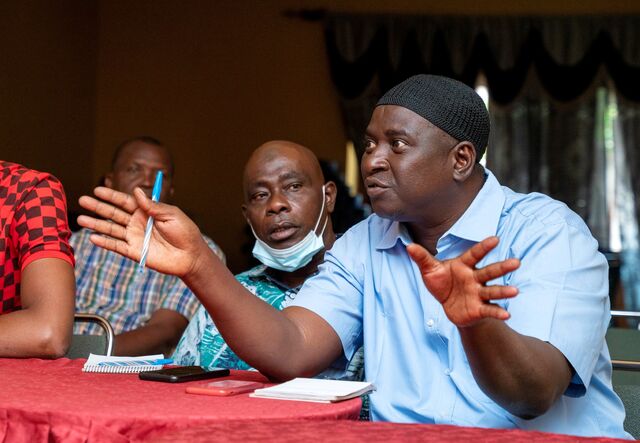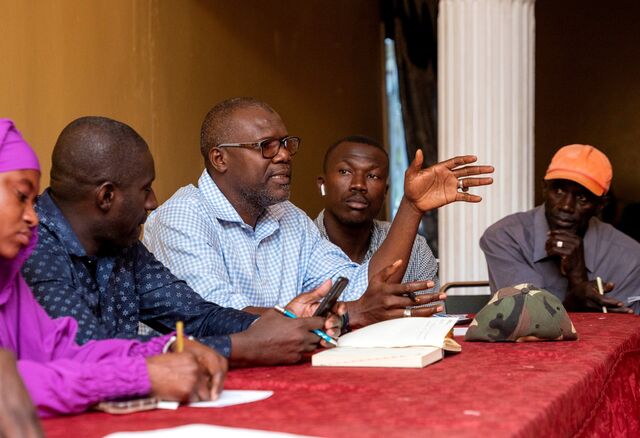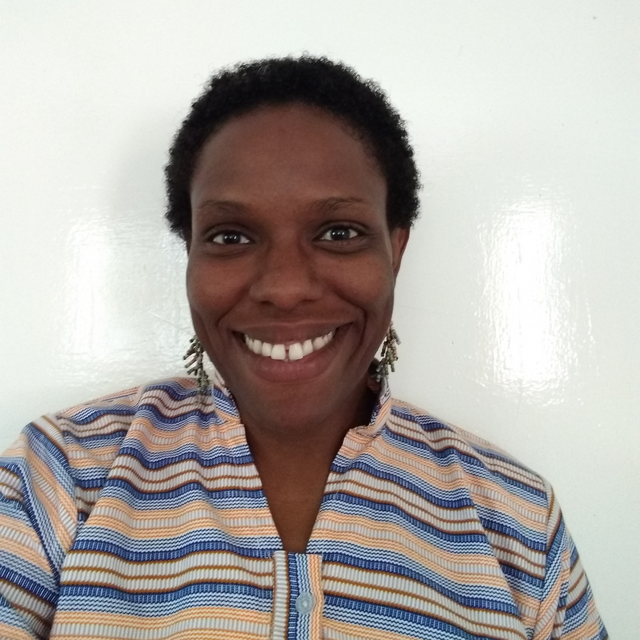'Building regional consensus on plastic reduction in The Gambia' by Ingrid Henrys
“If we don’t take care of the environment, the environment is going to take care of us. And this is not going to be a nice scenario.” Lamin Komma, Head of The Gambian Coastal and Marine Environment Unit
Ahead of negotiations towards a Global Plastics Treaty, The Gambia’s National Environment Agency (NEA) partnered with Common Seas to co-develop the country’s National Action Plan to tackle plastic pollution.
Despite being the smallest continental African country, The Gambia generated an estimated 22,800 tonnes of plastic waste in 2021 – the equivalent weight of about 23 cargo ships. Three quarters of that (17,200 tonnes) have leaked into the environment.
Common Seas’ Plastic Drawdown model suggests that plastic waste production in The Gambia is set to increase by 42% by 2033, due to population growth and a rising demand for plastic products.
The ten-year National Action Plan aims to reduce plastic waste in The Gambia by 86% by 2033, through a combination of five strategies ranging from bans and taxes on specific items, to general improvements in waste management.
Stakeholder consultation and collaboration has been a constant thread throughout this activity. Common Seas has consulted representatives from governmental institutions, civil society organisations, and businesses in the co-development of the National Action Plan through interviews and during a policy co-design workshop.
Regional consultation
The National Action Plan was presented to the country’s decentralised institutions through a regional consultation. This is part of a consultative process used in The Gambia before any major strategy is submitted for national validation. The process ensures that the voices of the regional representatives are heard, and their inputs taken into consideration.
The Gambia is divided into 5 regions: Lower River; North Bank; Central River; Upper River; and the West Coast, each headed by a governor. The governors are each assisted on decisions concerning the development of the regions by a Technical Advisory Committee (TAC), comprising government departments and agencies in the regions, and Non-Governmental Organisations. The TAC gives its opinion on development projects in the region to ensure that they comply with national standards and policies.

The regional consultation was a five-day-long process with a day in each with a workshop held at the governors’ respective offices.
The regional consultations are a key step in the validation process and adoption of the national action plan. Those sessions were an opportunity for the TAC members invited to have a closer look at the strategies proposed and to comment and provide suggestions for inclusion into the plan.
Several stakeholders have observed the impacts of plastic waste on their environment. As plastic waste and particularly plastic bags are scattered in the environment, the livestock are ingesting them. The North Bank Region’s governor, Mr. Lamin Saidy Khan has personally experienced this, “I am a victim of plastic waste! I lost several goats that died after eating plastic bags” he exclaimed. Governor Khan is very much looking forward to seeing the NAP implemented in the country. He welcomed the initiative and pledged his region's full support.
A warm reception
The ten-year strategy has been well received in all the five regions and the TAC members really hope it will be soundly applied in the country. For the Governor of the Upper River Region, Mr. Samba Bah, “as the rural areas are also developing their urban settlements, [we need] to be careful for the plastic waste not to become a [part of our] culture”.

Challenges of implementation are recognised
The biggest concerns are regarding the implementation of the action plan. Mr. Lamin Fofana, the Central River Region’s Health Director, said, “…if we are not serious as a country, we will just be designing and not implementing anything”. There is a genuine fear that this plan could end up left in drawers and not be fully implemented, even though it is in line with the country’s Environment Action Plan.
The TACs support strong institutional collaboration for enforcement, acknowledging it cannot be left only to NEA’s officers and the police. “The laws are for our environment, for all of us”, pointed Alhagie Jobe, an officer from the immigration office in the Lower River Region.
In spite of the natural apprehensions, Bakary Jadama, Brikama Area Council’s Head of the Health and Sanitation Unit in the West Coast Region, said “The 2033 target is achievable, but we have to work on the facilities”. Indeed, all agreed that more and stronger equipment is needed for waste management, and plastic waste. Similarly, across the five regions, the committee members are unanimous about the importance of changing behaviours and raising awareness, starting with the younger generation.
As The Gambia's National Action Plan to tackle plastic pollution is submitted for national validation, I believe that TAC members will hold the government and themselves accountable for its implementation.
Sanna Sambou, Chairman of the TAC for the Central River region, was clear in his closing remarks: "We'll make sure we work as a team for the implementation".
About the author

Ingrid Henrys is Common Seas’ consultant in The Gambia. Born in Haiti, Ingrid moved to The Gambia in 2021 to flee the socio-political unrest of her home country and has settled there since then. For over a year, she was the in-country Project Coordinator for WasteAid UK in The Gambia, delivering circular economy solutions in the waste management sector.
She was the Head of the National Sanitation Department in Haiti for over 2 years, before having experiences with international NGOs. She has also been the Scientific and Technical Coordinator and the Deputy Director of the Macaya National Natural Park and the Program Director for the Society Audubon Haïti that manages the Grand Bois National Natural Park.
Ingrid is passionate about the environment and is always looking for ways to work with nature and to preserve it. She holds a Master’s degrees in International Agro-Development Engineering, and Tropical Area’s Biodiversity and Conservation. In her spare time, she also designs and implements gardens.


